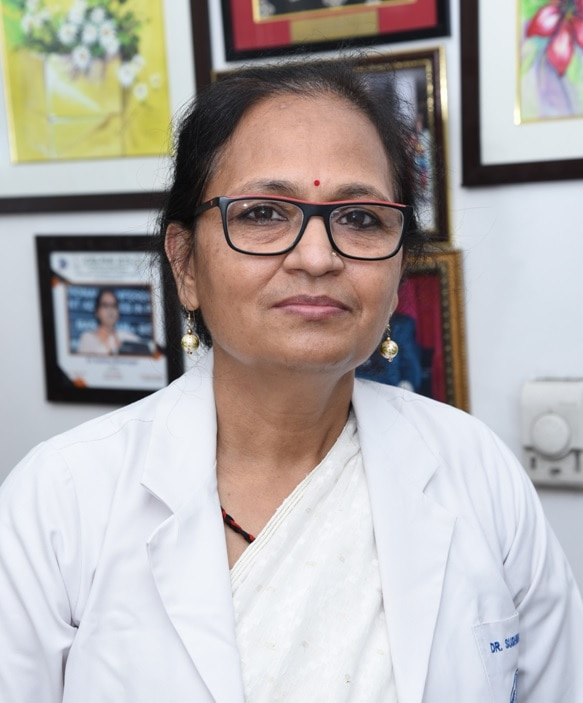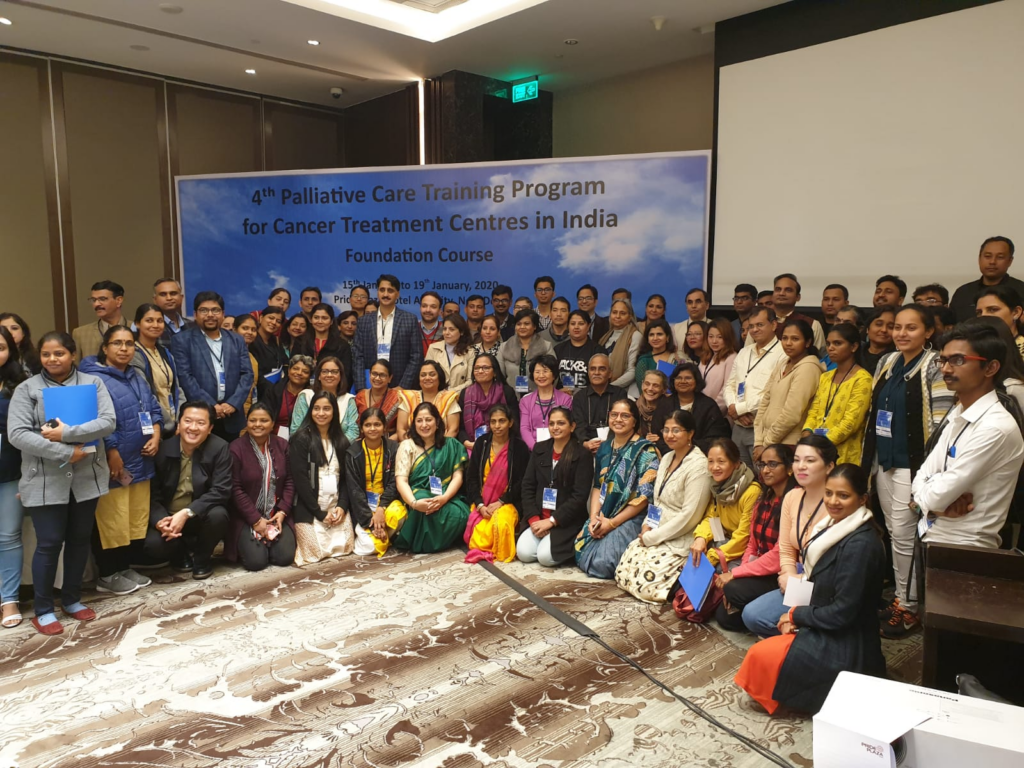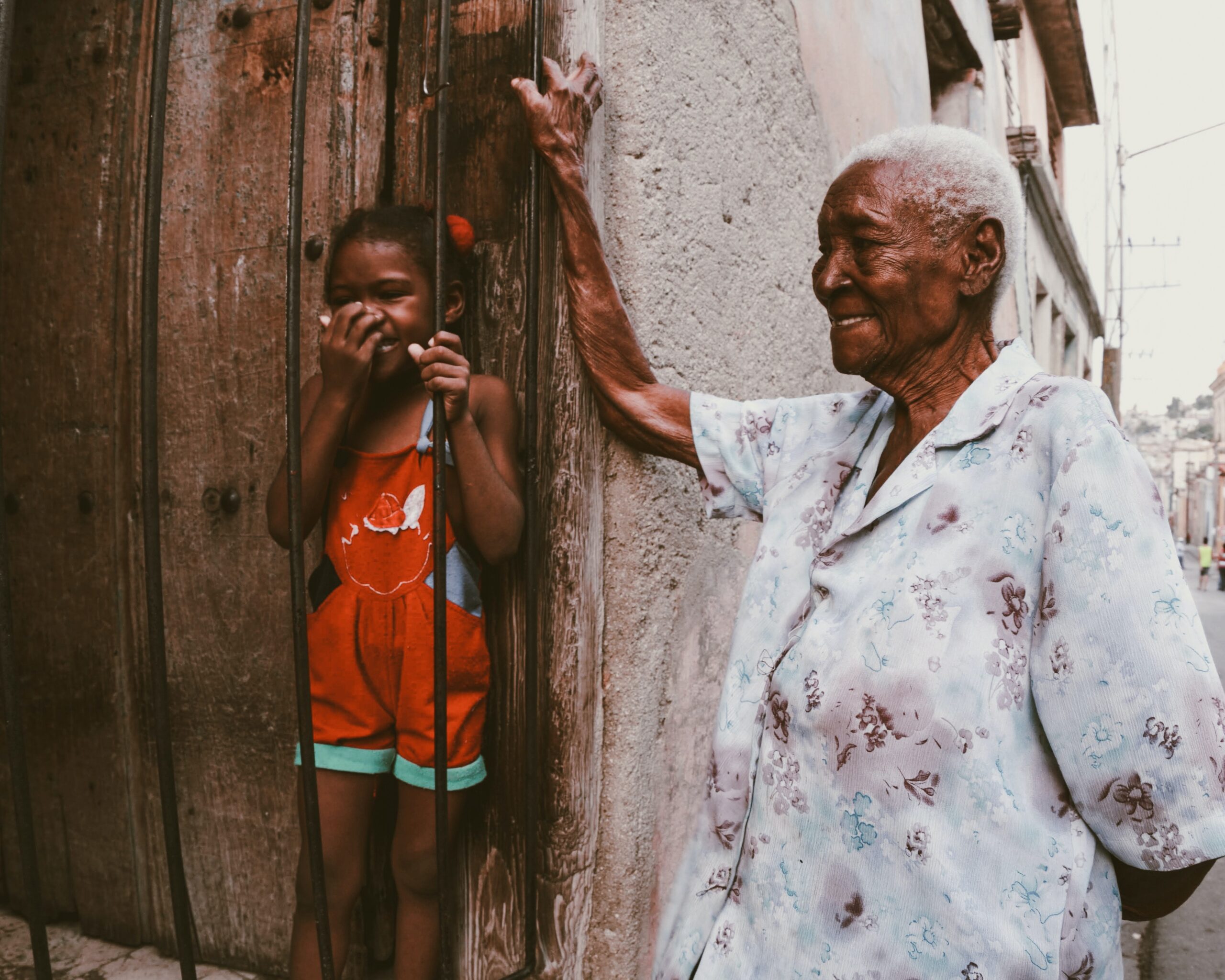SINCE 2015
Growing palliative care access in the world’s most populous country


trained in palliative care services
involved in palliative care training
Over the years, we have helped the following institutes across India develop palliative care services:

Among India’s population of 1.3 billion, around 6 million are estimated to need palliative care every year. This has traditionally been provided by non-governmental organisations, which are accessible to less than 2 percent of the population since they are community-led and home-based. The effort is also uneven as over 90 percent of the estimated 1,000 palliative care units are located in the state of Kerala. Although palliative care services have grown since India recognised it as a medical specialty in 2012, they are still insufficient to bring relief to the millions of Indians dying from non-communicable diseases each year.
Our work to improve palliative care access in India started in March 2015 with our collaboration with the All India Institute of Medical Sciences (AIIMS), a group of government medical universities that runs a nation-wide network of Cancer Treatment Centres (CTC). The aim was to impart palliative care skills to the primary team physicians of chronic disease patients, and make oral morphine available in at least 100 of the 327 CTCs. As of 2022, our programme has helped establish palliative care services in over 62 CTCs.

In 2019, we also partnered Kasturba Medical College, Manipal, to expand the programme’s reach. Our work at AIIMS has also helped the institute become designated by the World Health Organization (WHO) as a WHO Collaborating Centre for Training and Education in Palliative Care in 2022. Most recently, a report on our programme has been published in the peer-reviewed BMC Palliative Care journal.

Kasturba Medical College is a WHO Collaborating Centre for Training and Education in Palliative Care
Dr Sushma Bhatnagar (India)
Dr Naveen Salins (India)
Dr Shirlynn Ho (Singapore)

A decade-long effort has helped palliative care take root for good

Building and tailoring palliative care services for the landlocked kingdom

Our largest efforts in palliative care training to date

Exploring ways to bring relief to a challenging healthcare system

Our pioneering programme is now independently run by local volunteers

Growing and expanding the nascent network of care

Planting the seeds of palliative care in the largest state of Malaysia

A seed has grown into a system and more

Taking the first steps to introducing palliative care
APHN Secretariat
c/o Division of Supportive & Palliative Care National Cancer Centre Singapore
30 Hospital Boulevard
Singapore 168583
Lien Collaborative for Palliative Care (Lien Collab) draws on philanthropy, health institutions, palliative care service providers, individuals and more to strengthen leadership and capacity in bringing pain relief to all.